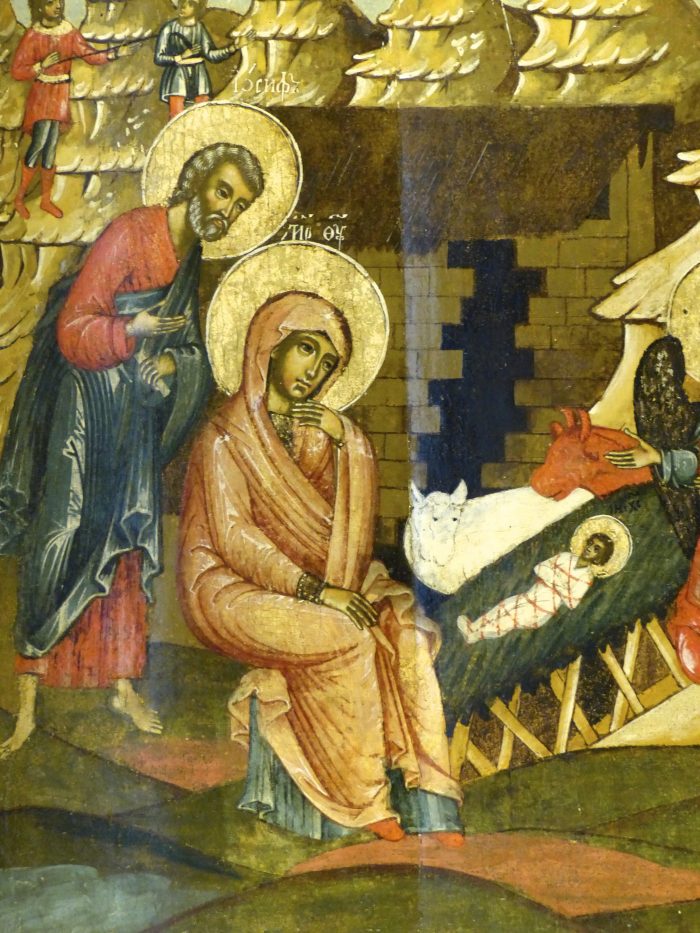Jesus: I AM

John 4:26: Then Jesus declared, “I, the one speaking to you—I am.”
It’s the middle of the day in the Near East. Jesus has walked all morning with his disciples, and they’ve worked up an appetite. So, while the twelve have gone off to buy bread, Jesus rests at Jacob’s well. And there he meets a woman who has lost five husbands and is now probably a concubine so she can eat. (It’s unlikely she initiated divorce five times, as legal action depended on men—more likely, she’s an older woman, widowed and/or abandoned.) This woman has experienced much devastation, yet she waits in hope for the Anointed One. She tells Jesus, “I know that Messiah”—called Christ—is coming. When he comes, he will explain everything to us.”
In response, Jesus comes right out with it: ego eimi—“I AM.”
And she runs to tell the world!
Four chapters later, John quotes Jesus using the same expression: “Before Abraham was, ego eimi (I AM)’”
The fourth-century Church Father John Chrysostom noted that Jesus, in saying ego eimi, identified with God’s self-revelation to Moses when God said, “I Am That I Am” (Ex. 3:14). Chrysostom said, “As the Father uses this expression, I AM, so also does Christ; for it signifies continuous Being, irrespective of all time.”
The Son of God is the eternal one: He has existed from eternity past. He created all things, both in heaven and on earth (Col 1:16). And He is the alpha and omega, who was and is and is to come (Rev. 1:8)—stated in chronological order. Interestingly, in writing Revelation, John more often switches up the order, though—perhaps to emphasize the resurrection or maybe to link the statement with what God said to Moses. John usually says Christ is the one “who is and was and is to come” (1:4, 4:8, 22:13).
Whatever order we use, the one who is and was and will be has come to us in human flesh and will soon return to earth. Let every heart prepare Him room!
Merry Christmas!




